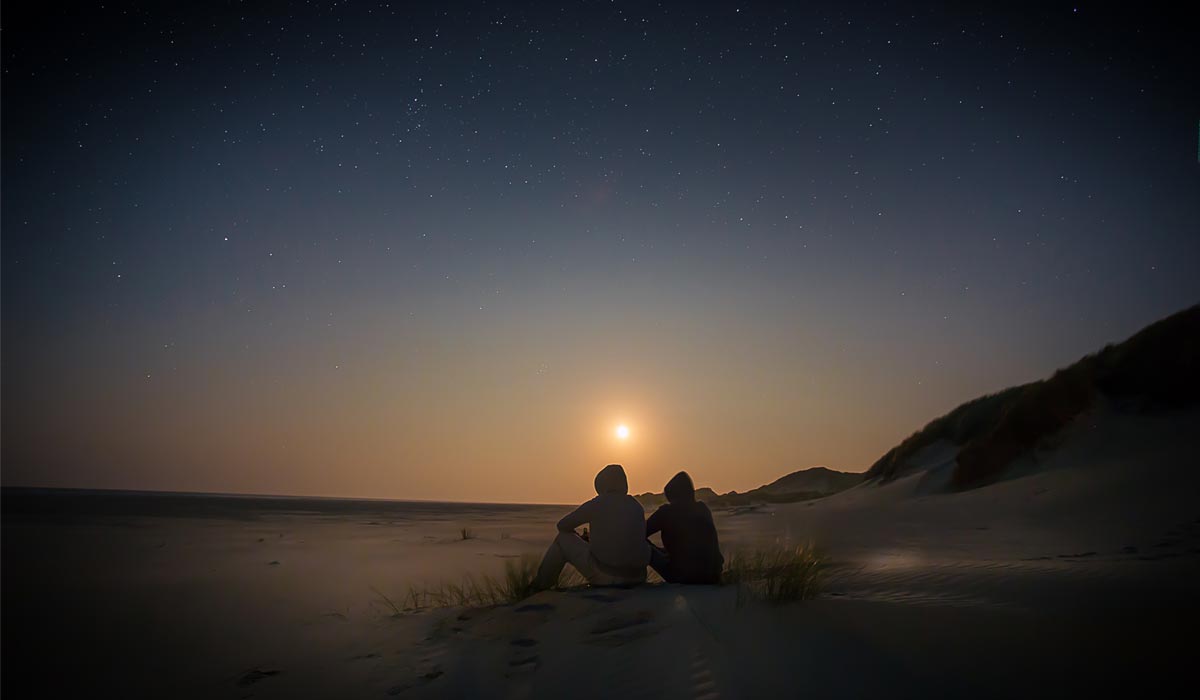The Grief of Miscarriage, Part Four

This week on the Allender Center Podcast, Dr. Dan Allender continues the conversation with his friend and colleague Jeanette White, Program Director at The Allender Center, about grief and loss in the wake of miscarriages and infertility. Dan and Jeanette are joined again by their partners, Becky Allender and Campbell White, to reflect on what kept them together in the midst of, and on the other side of, such traumatic grief.
Dan: “It is a long redemptive road that one must be on.”
Campbell: “What ended up guiding us, together, was a really ferocious commitment to continue to choose life.”
Campbell shares that, even when there were times of isolation and distance, the long, ongoing grief he shared with Jeanette actually ended up bringing them closer together. That is not always the case; for many couples, if not the large majority, significant loss often drives them apart.
Dan: “Ferocity—I think that’s maybe one of the most important words of this whole series. Are you ferocious for life?”
Are you ferocious for life?
For Campbell and Jeanette it was a difficult, messy process of learning to balance both the freedom to be themselves and the willingness to meet the other person where they were at. It’s a process that’s still ongoing, as they share that even while preparing for this podcast they found themselves revisiting older styles of relating.
Jeanette: “We had to work through those ways we were more prone to isolate and choose to move toward each other, so I would say it drew us closer together. Even though we were also fighting against feeling alone.”
Campbell: “This particular suffering, this particular dynamic in our story, demanded either a retreat or a move towards authenticity. We found our way towards at least increased authenticity, and that opened up new pathways and new habits and new abilities, realizations of who we could be, how we could talk to each other, what we could bear.”
Dan and Becky share how now, even decades after their loss, there is still much to process and allow themselves to grieve. Becky recalls feeling alone and isolated in her suffering, and Dan shares about the potent intersections between grief and shame.
Dan: “To think of all that you suffered that I did not let my heart enter has required repair. You can do repair decades and decades and decades after the harm has occurred.”
That idea—that it is possible to find healing in your grief even many years later—is part of why so much of our work at The Allender Center revolves around deep engagement with our stories of trauma. And for those who are not decades down the road but are still in the midst of the grief from loss, we hope that this conversation has been a lifeline for you, an opportunity to know that you are not alone. Dan, Becky, Jeanette, and Campbell end this conversation by reflecting on a few things they wish they had known in the midst of this storm.
Jeanette: “If there’s any way to find one person in your life who you feel like can really understand, or can at least support you where you’re at and not try to smooth it over or try to talk you out of how you’re feeling or try to problem-solve for you. If there’s anyone in your world, a friend, a parent, a co-worker, someone who can give you an empathetic and steady ear when you need it, and somehow letting them know what you need if you can verbalize it. I know for me, I would tell people, ‘I want you to ask me how I’m doing so I don’t have to bring it up.’”
Campbell: “Your heart’s begging for this not to be invisible and unknown.”
